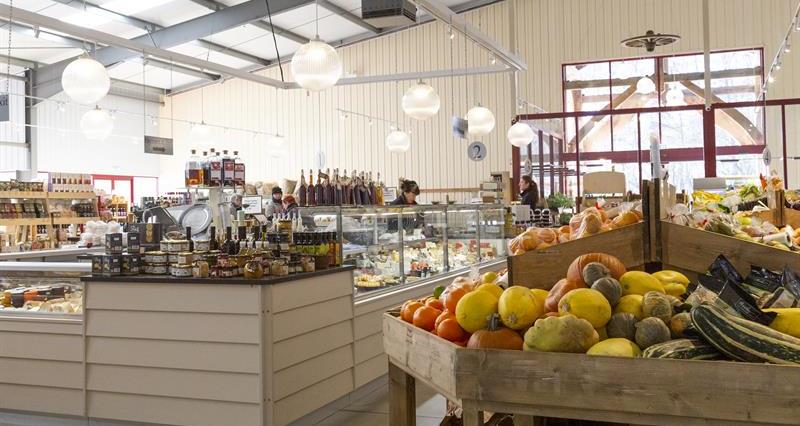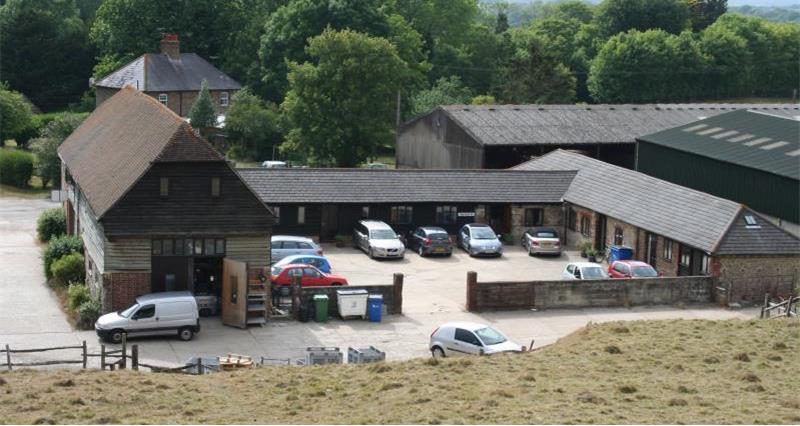Nationally, 66% of farms already have some form of diversified activity to provide wider economic opportunity to support farming families and the rural economy (Source: Defra). As farm income supports fewer family members, and is impacted by volatility (for example in farm gate prices and due to extreme weather events) diversification can introduce complementary income streams that help families continue to farm.
It is essential for farmers to be able to re-use buildings and create space for diversified activities, wherever they farm. Storage and workshop uses, professional services and bespoke food production and processing all flourish in a rural environment and help sustain other businesses. Farm holdings offer a high quality environment for those who enjoy a rural setting, with 6% of farms hosting tourism accommodation and catering. Farm shops offer both an outlet for local produce and a wider range of goods for visitors and rural communities.

Forty per cent of NFU members host renewable energy on farm and there could be more potential for farmers to store energy for local network use. As digital infrastructure such as broadband and mobile phone coverage improves in rural areas, business potential, including the ability to attract tenants and operate more efficiently substantially increases. The type of diversification can also change to meet new markets and consumer demands.
However for the farmer there are huge risks with diversifying their business. In obtaining and investing capital, meeting regulations and associated business costs; and then maintaining viable long term businesses.
The National Planning Policy Framework requires planning policies and decision to support prosperous rural economies. Local and neighbourhood plans can support diversified economic development and seek to retain important local services. Local Enterprise Partnerships and local authorities also have roles to play in providing the business skills and funding support farm that farm businesses need.
